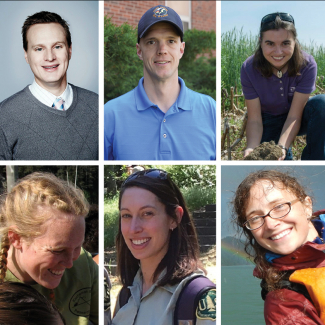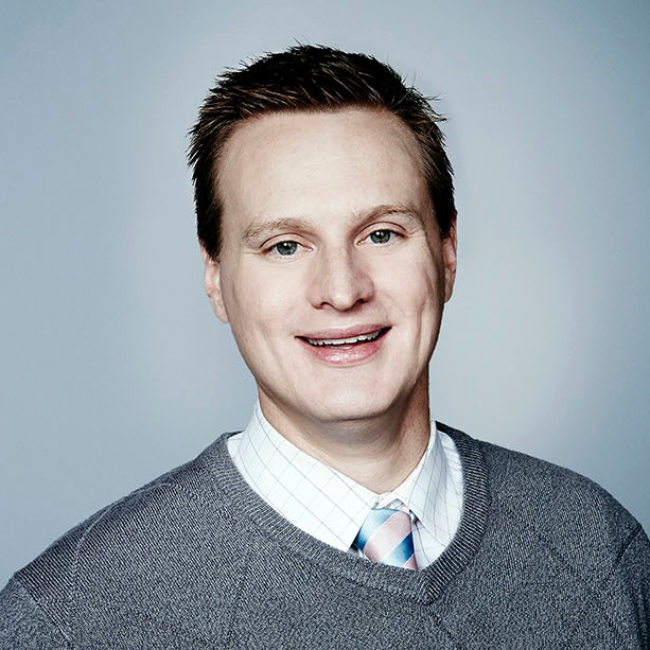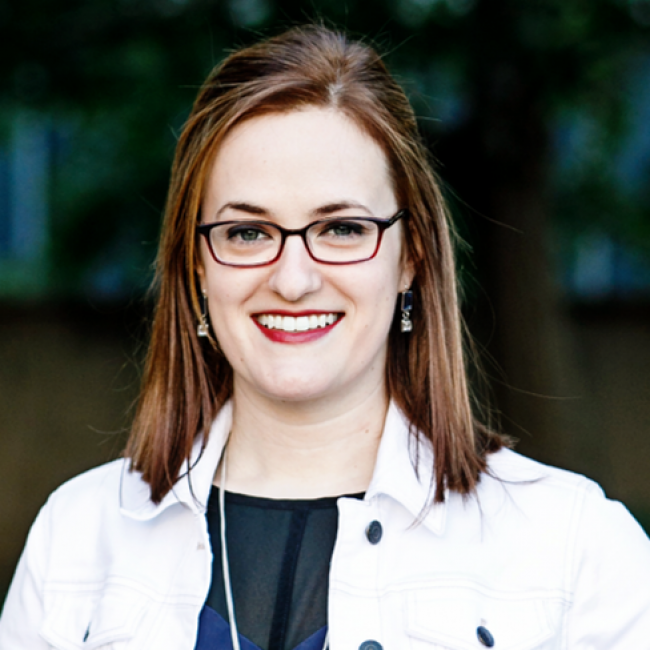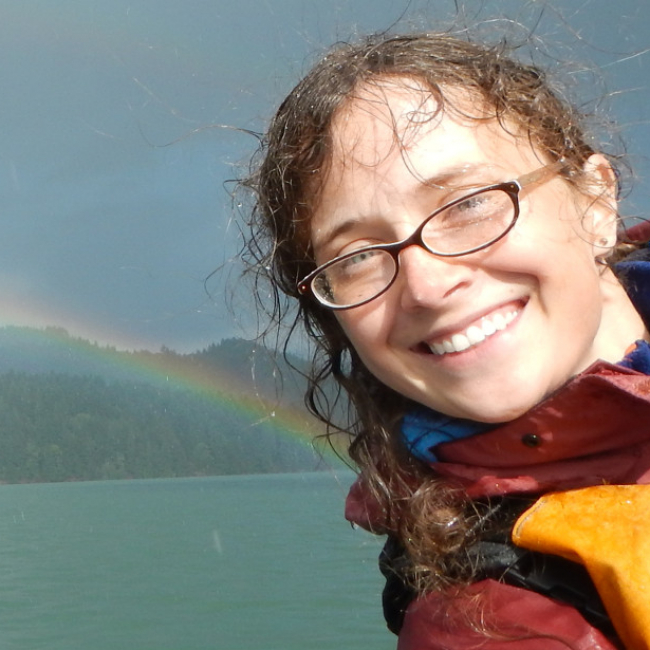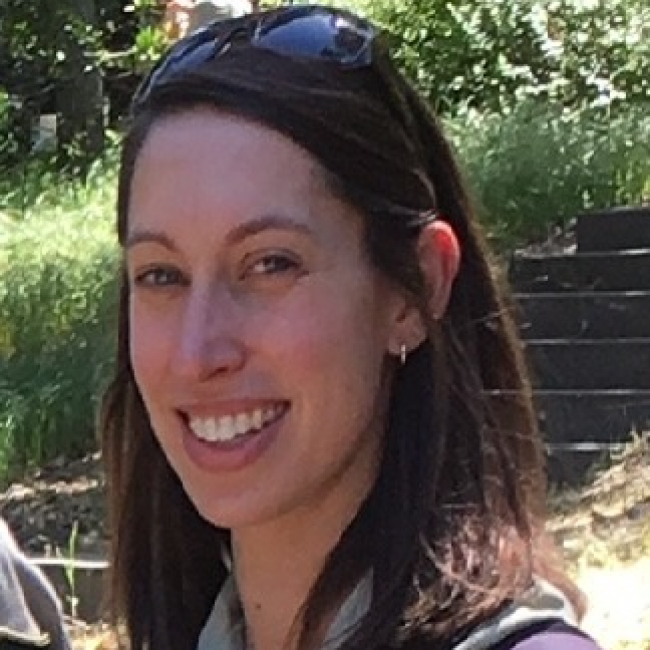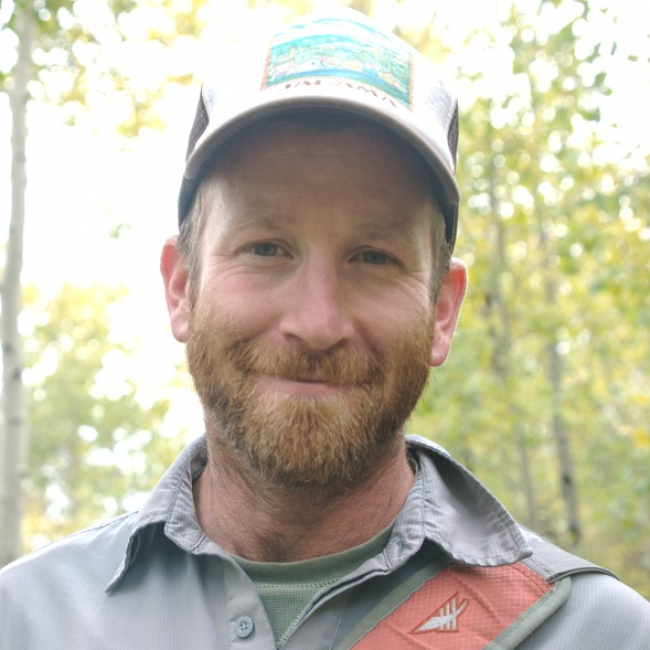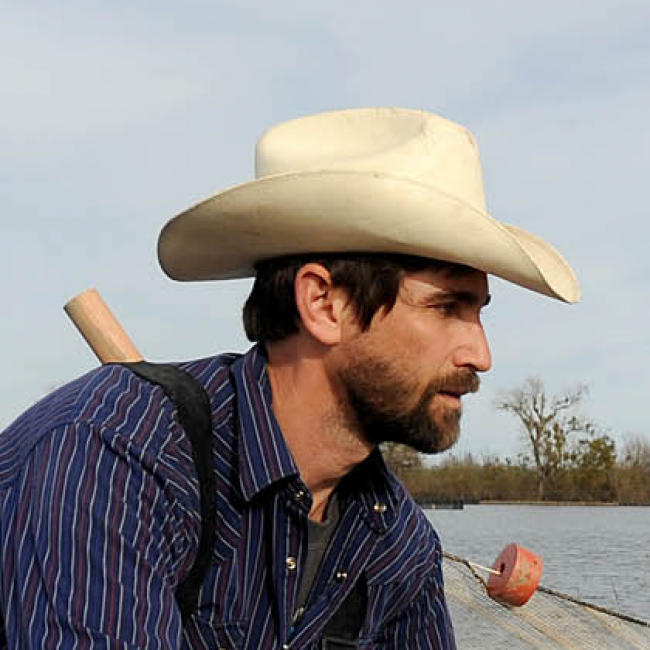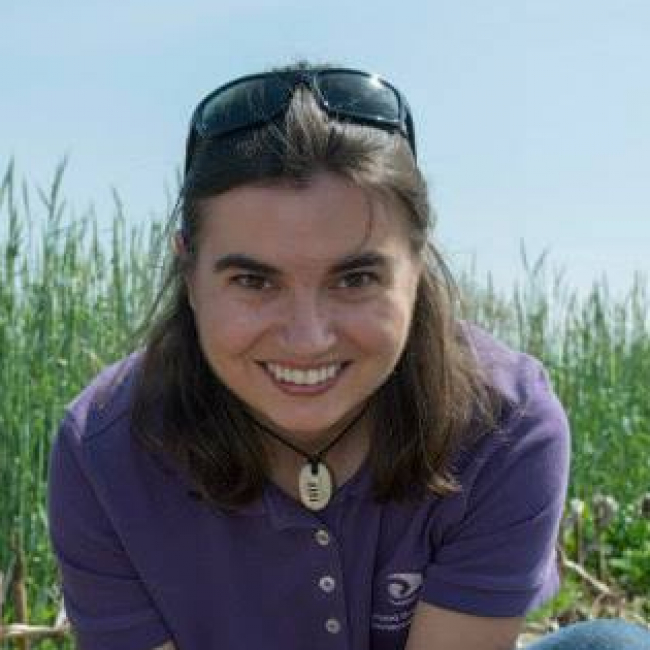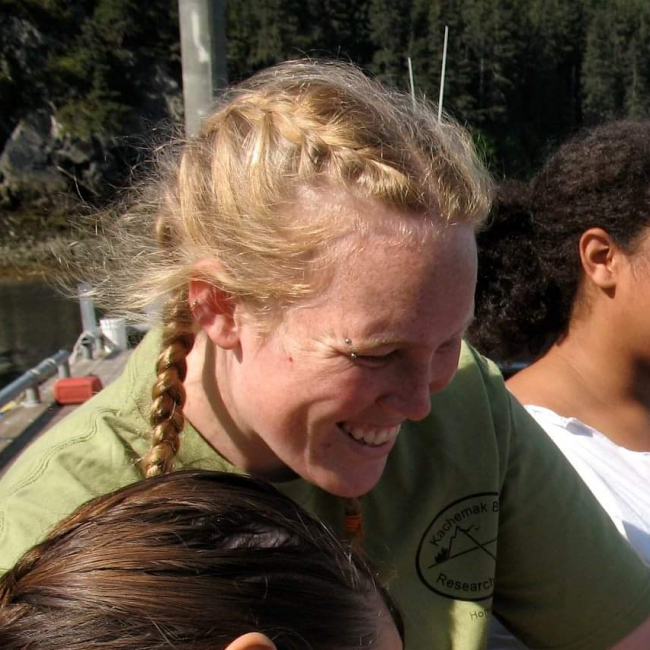
Christina Murphy, Ph.D.
The facts
Hollings internship office and topic
Northwest Fisheries Science Center studying endangered salmonids and the associated ecosystem
Education
- B.S. in biology from Oregon State University
- B.S. in fisheries biology from Oregon State University
- B.A. in international studies in fisheries and wildlife from Oregon State University
- M.S. in environmental science: environmental biology from Universitat de Girona
- Ph.D. in fisheries and wildlife from Oregon State University
Current career
- Assistant Unit Lead - Fisheries at Maine Cooperative Research Unit, United States Geological Survey (USGS)
- Assistant Professor - Wildlife, Fisheries and Conservation Science, University of Maine
It is often hard to see a clear path forward, but keep working on what you enjoy, and looking back it will seem like a natural progression.
What was your career path?
After graduating with three bachelor’s degrees from Oregon State University in 2008, I received a Fulbright Scholarship for work in Chile at the Estación Costera de Investigaciones Marinas, Pontificia Universidad Católica de Chile. I then earned a master's degree in 2011 from Universitat de Girona in Spain. I spent a year as a research assistant at the same university before returning to Oregon State University to pursue a Ph.D. in fisheries and wildlife ecology. I graduated in 2019 and stayed as a research associate postdoc at Oregon State University, before being hired into my current position as a Fisheries Assistant unit lead at USGS.
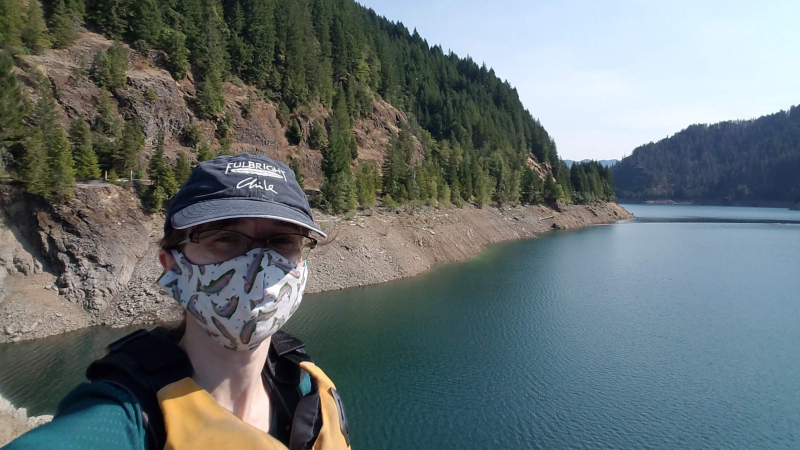
How did Hollings impact your career path?
It was a turning point and a confirmation. I knew I was interested in salmonids and fisheries research, but I didn’t realize how exciting working as a federal researcher could be. It was a different world than the management focused jobs I had been exposed to previously.
Do you still use skills learned during your internship or other aspects of your Hollings experience today?
I use the skills I learned in the program all the time, especially related to stable isotopes and food web analyses (more about stable isotopes). The software has changed, but the fundamental theories and data collections are just the same as they used to be. We even bought the same style of benchtop freeze-dryer during my doctoral studies, since I remembered how well it had worked during my time with the Northwest Fisheries Science Center.
For me it wasn’t just about the skills or experiences, but about the people. It was great to work with an amazing group and those connections are equally, if not more, important than anything else I took away. It was very exciting for me to invite my Hollings mentors to my Ph.D. defense over a decade later.
What advice do you have for current and future Hollings scholars?
It is often hard to see a clear path forward, but keep working on what you enjoy, and looking back it will seem like a natural progression. That being said, it’s always worth reaching out to folks in positions that spark your interest to get their advice.
What was your favorite or most memorable moment from your Hollings experience?
At one point we were almost unable to sample due to wildfires. Our supervisor was great at staying calm and working closely with the fire crews to determine a safe and reasonable path forward. We selectively sampled and were able to avoid large data gaps. Plus, the precautions, wearing Nomex (a heat- and flame-resistant material) and carrying fire radios, were exciting.
For me it wasn’t just about the skills or experiences, but about the people. It was great to work with an amazing group and those connections are equally, if not more, important than anything else I took away.


